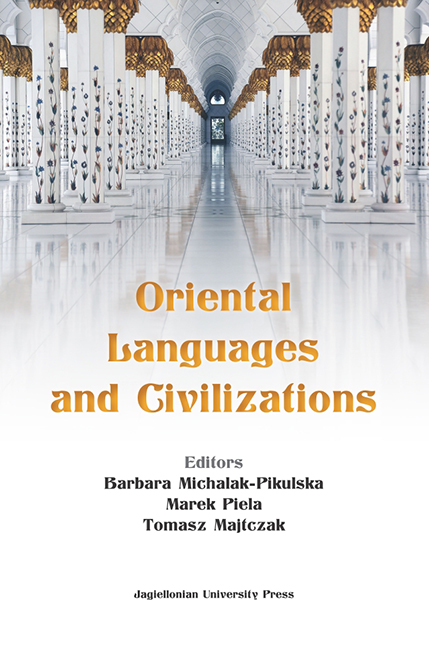Partitioned state of undivided mind. The life andtime of Saadat Hasan Manto
Published online by Cambridge University Press: 06 November 2021
Summary
Abstract
Saadat Hasan Manto was a leading figure of the Urduliterature in the first half of the 20thcentury. He is most famous because of his many shortstories of the supreme literary quality. The paperexplores the facts from his life and his receptionboth in India and Pakistan, and focuses on his“partition writing.” It agrues that Manto overcamehis comunal side and was equally rude and equallycompassionate to all the parties that took part inthe unfortunate events of 1947.
Keywords: Saadat Hasan Manto, partition literature,Urdu literature
Saadat Hasan Manto was an enfantterrible of the Urdu literature. He waspraised and blamed. He had (and still has) dedicatedfollowers and fervent detractors. He was labelled apornographer and his literature as obscene. He wasdragged to court six times, three times in Indiabefore independence and three times in Pakistan,after independence. He was acquitted at some of thetrials, while the others ended with a fine. He hasbeen dead for more than 60 years, but he stillcontinues to be controversial. In 2012, on thecentenary year of his birth, and at least 57 yearstoo late, he was awarded the Nishaani Imtiyaaz(Order of Excellence), the highest Pakistan's civilaward for “an outstanding service for the country.”However, this did not stop the recent ban whichprohibited an Indian biopic film on Manto to bedistributed in Pakistani cinemas. In spite of this,he is equally admired among literature lovers onboth sides of the still turbulent border that since1947 divides Indian subcontinent into two (three)separate countries. Still, he shares the fate ofmany subcontinental writers who chose to write inany of the native languages of the Subcontinent – heis in fact not as well known in the world amonggeneral readership as he should be, judging by thequality of his writing, by the modernity of hispoetics, and in the end by the sheer quantity of thework he produced in the comparatively short activewriting career. He would be probably equally unknownto me but for the pure coincidence. I was screeningthe bookshelf of a Kathmandu bookshop 20 years ago,and I found the Vintage Book ofIndian Writing 1947–1997, edited bySalman Rushdie and Elizabeth West. It was ananthology of the post-independence Indian prosewriting.
- Type
- Chapter
- Information
- Oriental Languages and Civilizations , pp. 47 - 54Publisher: Jagiellonian University PressPrint publication year: 2022



